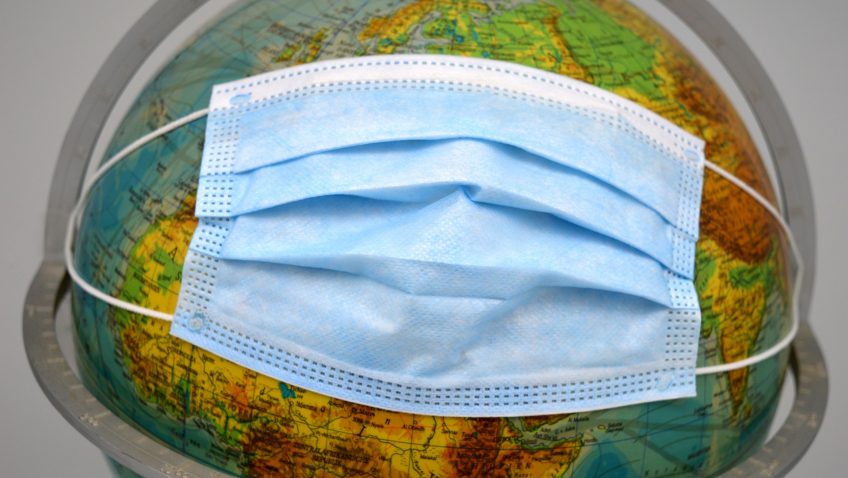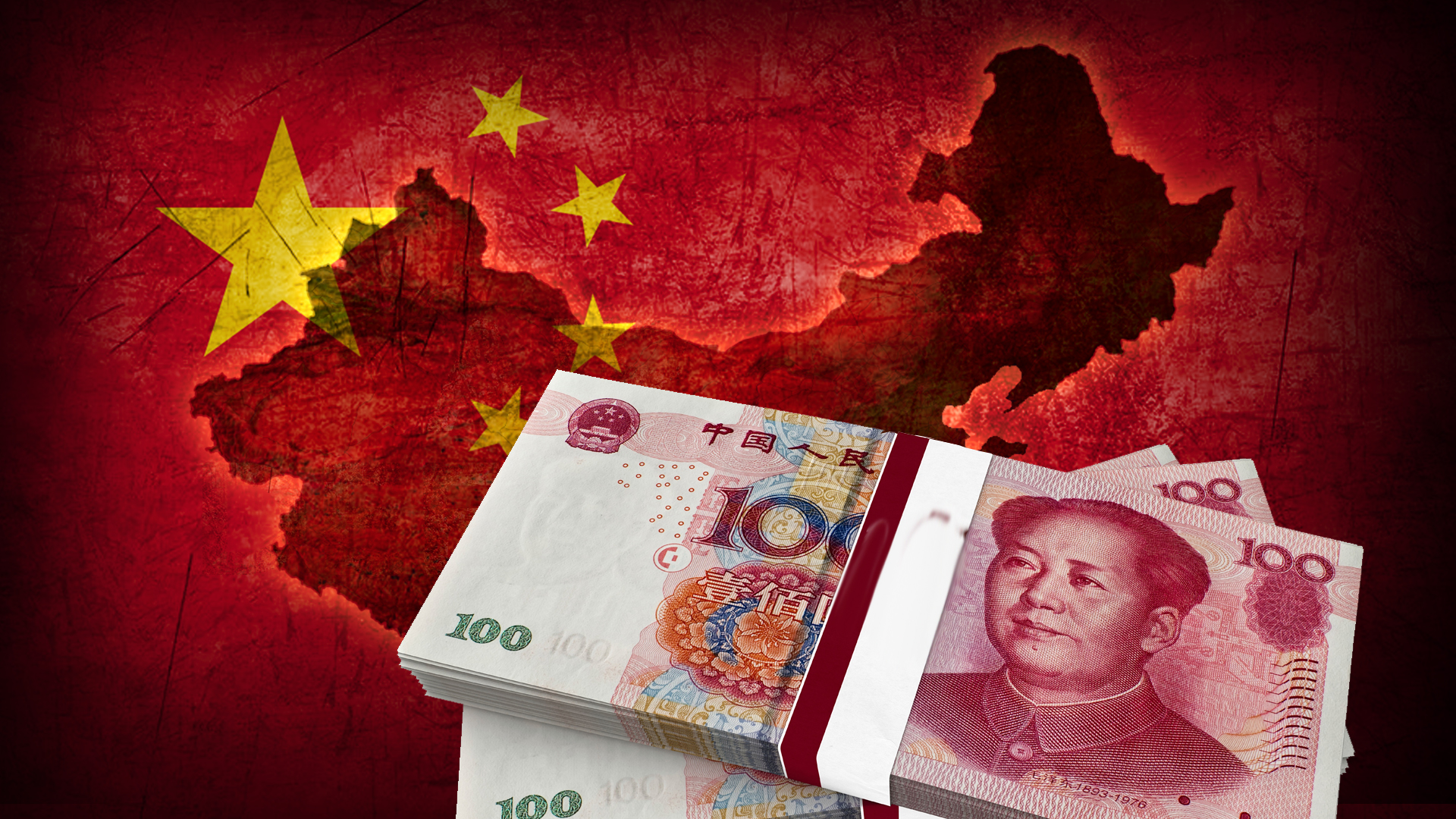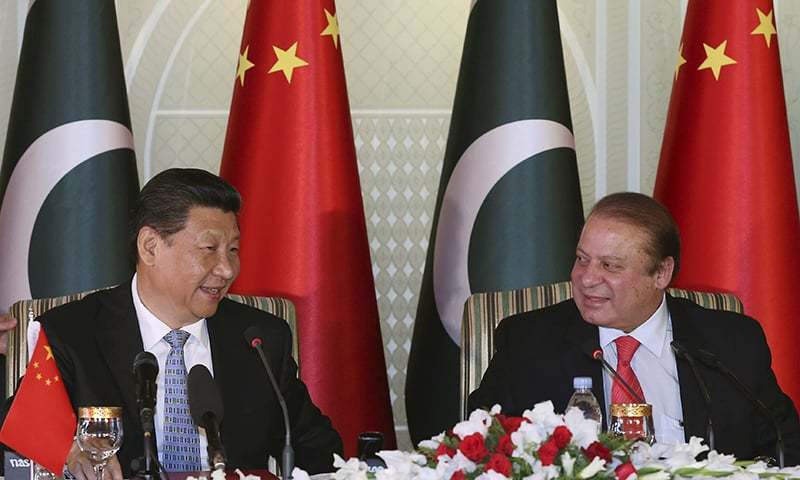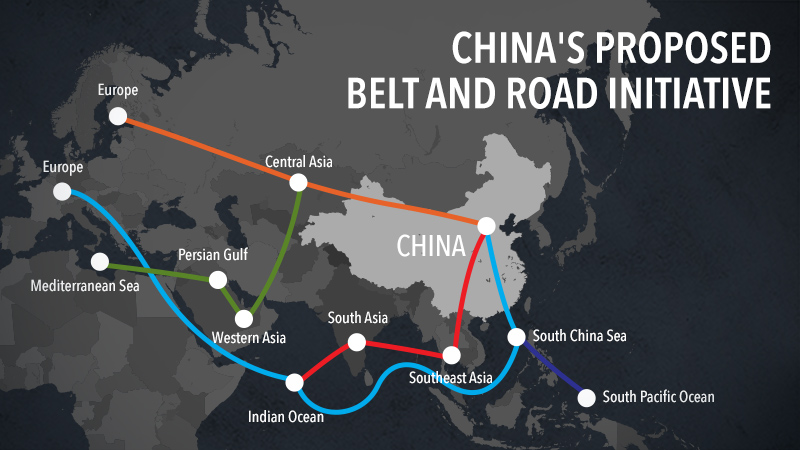Initially seen as a mere local problem, the virus that flourished in the Wuhan province at the beginning of the ‘Year of the Rat’ spread rapidly, reaching every corner of the world and thus putting the globe under an unprecedented threat.
In fact, this new form of influenza not only has raised sudden concerns linked to the appropriateness of the general healthcare system and its capacity to tackle un unexpected emergency, but it also led both people and experts to start questioning whether this pandemic will have long-terms consequences in this current, interconnected era.
 In particular, it is essential to focus on the impact that the illness could have on globalization. Defined as ‘the process of interaction and integration among people, companies and governments worldwide’, it lived a key turning point in the aftermath of the Cold War when, in pursuing a goal of more inclusivity, countries adhered to the principles of the Washington Consensus and embarked towards a path of a broader liberalization of the economy. Since 1989, the world has been characterized by decades of free movement of people and goods but, given the present circumstances, it is unavoidable to put this context under examination. More specifically, the COVID-19 has already heavily undermined the global economy in terms of production, demand and supply among a wide range of sectors, from cars to iPhones, from the pharmaceutical to the entertainment and travel industries. This shock generated with the extended shutdown of many Chinese factories, which resulted in a disruption of the production of a lot of goods both in Asia and Europe. This evolved in a downward trend in countries deeply interconnected to China, such as Japan, South Korea and Australia. To mention a few cases, Hyundai halted production at its factories because of a shortage of parts made in China, and Nintendo is facing a delay in delivering gaming consoles. Already recognized as a leading actor for the global output, this drop reiterated yet again the massive dependence that the modern economy has on China, especially at the retail operations level.
In particular, it is essential to focus on the impact that the illness could have on globalization. Defined as ‘the process of interaction and integration among people, companies and governments worldwide’, it lived a key turning point in the aftermath of the Cold War when, in pursuing a goal of more inclusivity, countries adhered to the principles of the Washington Consensus and embarked towards a path of a broader liberalization of the economy. Since 1989, the world has been characterized by decades of free movement of people and goods but, given the present circumstances, it is unavoidable to put this context under examination. More specifically, the COVID-19 has already heavily undermined the global economy in terms of production, demand and supply among a wide range of sectors, from cars to iPhones, from the pharmaceutical to the entertainment and travel industries. This shock generated with the extended shutdown of many Chinese factories, which resulted in a disruption of the production of a lot of goods both in Asia and Europe. This evolved in a downward trend in countries deeply interconnected to China, such as Japan, South Korea and Australia. To mention a few cases, Hyundai halted production at its factories because of a shortage of parts made in China, and Nintendo is facing a delay in delivering gaming consoles. Already recognized as a leading actor for the global output, this drop reiterated yet again the massive dependence that the modern economy has on China, especially at the retail operations level.
The outcome of this disruption highlighted the need of a reassessment of the world’s resilience in China, a tendency that was already underway with the trade war declared by President Trump, which consisted in imposing tariffs on hundreds of billions of dollars worth of goods from China, hoping that this could force companies to bring back productions to the U.S. Now, the corona outbreak is being taken by the whole administration as an additional indicator to reinforce pressure on companies to leave China. But the american tycoon is not the only one who displayed such protectionism oriented tendencies. The pandemic has indeed brought the concept of nationalism into the spotlight again, with extreme right-wing nationalistic leaders such as President Bolsonaro of Brazil and Viktor Orbán accusing globalization to be the main responsible for the numerous economic woes of their respective countries. What can be deduced from this scenario is that integration of the world economy is undeniably in retreat on almost every front, as demonstrated by Brexit, by the U.S. withdrawal from the Trans-Pacific Partnership (TPP) in 2017, as well as India’s removal from the Regional Comprehensive Economic Partnership (RCEP) to protect domestic industries and jobs, to the western backlash against migration. These are clear proofs that multilateralism has taken a backseat, to the point that Walden Bello, a Philippine economist, coined the term ‘deglobalization’, which implies the idea of making the domestic market the center of gravity of the economy rather than the global one, in addition to using tariffs and quotas to preserve local industries and agriculture from being overrun by the products of transnational corporations. This new theory suggests that deglobalization is a matter of ethics, that prioritizes values above interests, cooperation above competition and community above efficiency.
Even tough this vision can appear quite radical, it is undeniable that globalization has been a major contributor to the decline of inflation over time, speeding even more when China joined the WTO in 2001. It is also true that greater interconnectedness leads to greater vulnerabilities, and that the COVID crisis thrown the global economy into a tailspin. But, on the other hand, it must be acknowledged that globalization brings with itself an incomparable set of advantages, including the creation of more employment opportunities and lowering the risk of currency manipulation problems. For these reasons, it can be stated that globalization is not destined to die, but will probably undergo significant changes despite the fact that there are still too many uncertainties surrounding the duration of the pandemic. Moreover, because of the way the global economy has developed since 1980, to question globalization today is equivalent to question the world’s relationship with China. In this sense, an entire of partial shift from China for trade and manufacturing can put at risk the personal legacy of Secretary General Xi Jinping, who has made technocratic competence the focus of his legitimacy. But a detachment from the Chinese supply chain could also weakens China’s position in the international relations realm, since the national origins of the disease can reaffirm the belief that China is dangerous and incapable of behaving responsibly.
Although many businesses have realized the risks of counting only on China, in order to resolve the potential damage that derives from the COVID upheavals, both governments and firms would need to learn how to achieve the perfect balance between concerns of the local, national and the global sphere. At the same time, companies must be prone to recognize that trade is becoming more regional and should invest more in doing business with regions in order to shorten supply chains and decrease costs. This doesn’t mean that this kind of pattern has to become a new universal rule, but it is likely to bring at least a temporary relief from the harm that the Chinese virus will inevitably cause to the global economy.








